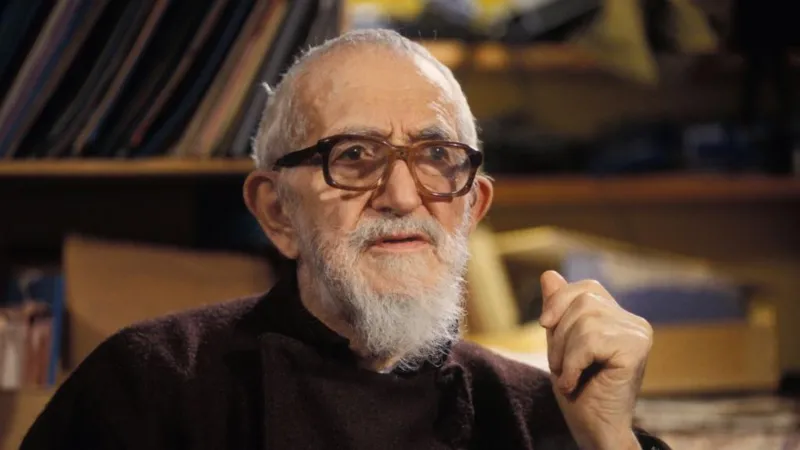New and disturbing allegations have surfaced against the late French priest and renowned humanitarian Abbé Pierre, long known for his work with the poor and homeless. Once a symbol of selflessness and charity, Abbé Pierre is now facing serious allegations of sexual abuse, leading to significant changes at the organizations he founded. In July, the Emmaus charity, founded by Abbé Pierre in 1949, revealed that seven women had come forward with allegations of sexual harassment and assault. Following these revelations, the charity has taken the drastic step of removing Abbé Pierre’s name from its various entities. The decision came after an independent consultancy, Agae, released a report detailing even more serious allegations made by 17 additional women. Born in 1912 as Henri Gruyès, Abbé Pierre was known for his tireless efforts to aid the homeless and poor. His work with Emmaus, which now operates in more than 40 countries, earned him a respected place in French society. Despite his death in 2007 at the age of 94, his legacy as a champion of the needy remains strong – until now.

The allegations against Abbé Pierre paint a disturbing picture of a man whose public image as a saint stands in stark contrast to the private behavior described by his accusers. The most recent allegations include instances of forced sexual activity and inappropriate behavior with women and even children. One woman, known only as “J” in the report, claimed she was forced to perform sexual acts with Abbé Pierre, while others described unwanted physical contact and harassment.
These new revelations have caused a deep crisis within the Emmaus movement. The Abbé Pierre Foundation is set to be renamed, and the board of Emmaus France is considering removing Abbé Pierre’s name from its logo. Additionally, the Abbé Pierre Center in Estville, Normandy – where he lived and was buried – will close permanently. The charity is also grappling with the fate of several of its founder’s sculptures and paintings, with discussions ongoing over how to handle these items.
Christophe Robert, head of the Abbé Pierre Foundation, expressed shock and outrage at the allegations. “We are deeply saddened and angry,” he said. “We offer our full support to all the victims who have had the courage to come forward.” The organization’s response highlights the gravity of the situation and its commitment to addressing abuse.

The first set of allegations surfaced in July when seven women accused Abbé Pierre of various forms of sexual abuse, including inappropriate touching and kissing. More recent accounts have revealed even more disturbing behavior. One woman reported being subjected to sexual acts and unwanted physical contact over a period of meetings, while another alleged abuse beginning in childhood.
The growing list of allegations has also prompted widespread scrutiny of how Abbé Pierre’s behavior was handled by those around him. It appears that awareness of his abuse may have extended beyond his immediate circle, with suggestions that both the Catholic Church and the Emmaus Movement may have been involved in covering up his actions.
According to reports, complaints about Abbé Pierre’s behaviour were known as early as the 1950s, but appropriate action was not taken due to the need to protect his position and the charity’s reputation. This pattern of denial and cover-up reflects a disturbing trend seen in other high-profile abuse cases within institutions.

Born in Lyon, Abbé Pierre was ordained in 1938 and received widespread recognition for his work with the homeless in 1954. Despite his public persona as a humble and devoted servant of the poor, evidence now suggests that serious violations of his vows of chastity occurred in his private life. Historical accounts suggest that Abbé Pierre’s relationships and behaviour were known to some within the Church, but there may have been a reluctance to address these issues openly due to his status as a respected figure.
The revelation of these allegations against Abbé Pierre, once celebrated as a modern-day saint, highlights the broader issue of how institutions handle allegations of abuse by prominent figures. The Emmaus Movement’s response, which includes renaming its institutions and removing Abbé Pierre’s image, demonstrates a commitment to confronting abuse and seeking justice for victims.
This case is a reminder of the need for transparency and accountability within organisations, particularly those trusted with important social and charitable responsibilities. As the Emmaus Movement and the wider community grapple with these revelations, the focus is on supporting victims and ensuring that such abuses are not repeated in the future.
